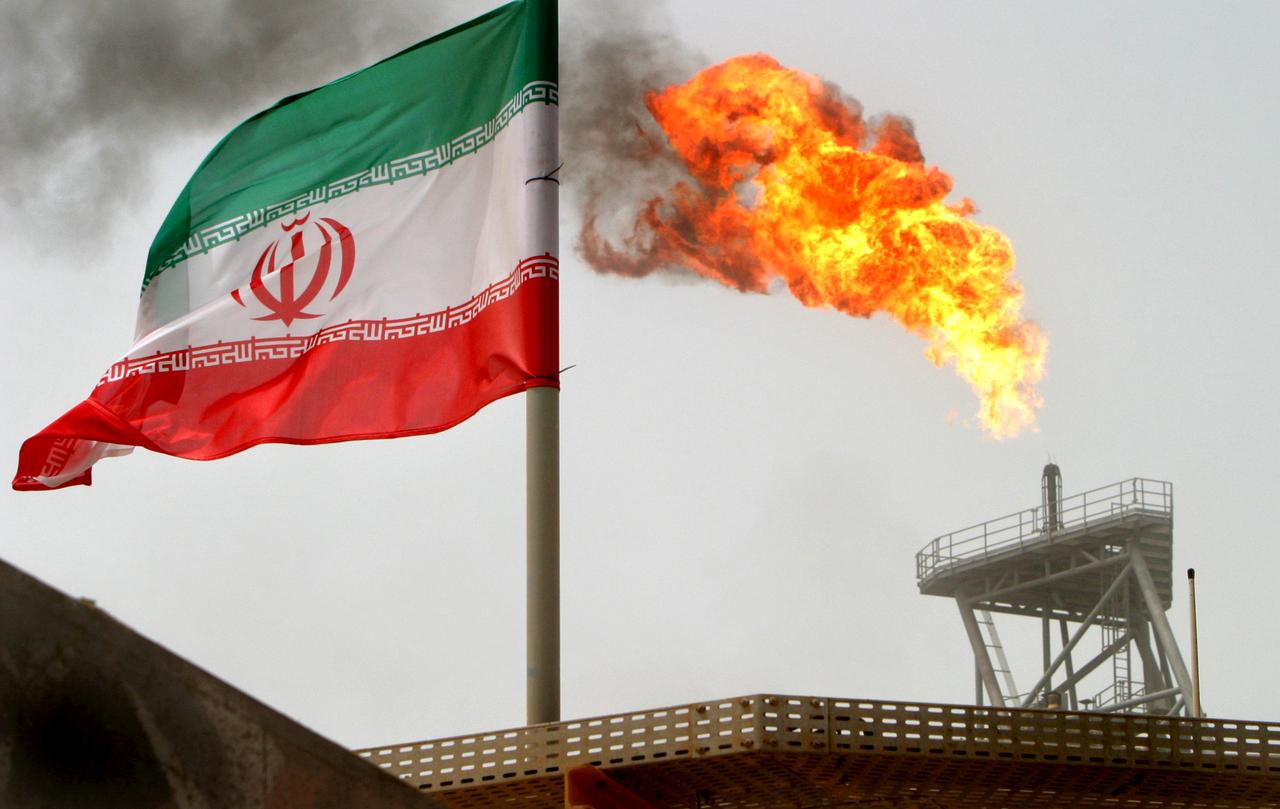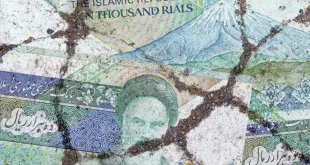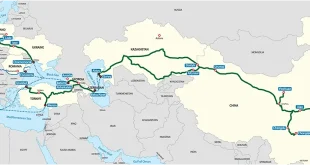Considering the lack of interdependence in Iran-China relations, if a nuclear agreement between Iran and the US is reached, China will continue its relations with Iran in line with its national interests in increasing cooperation in the fields of the economy and energy.
Reducing Iran’s role in the energy market and its foreign exchange earnings has always been one of the main goals of various sanctions after the revolution. Despite the United States withdrawal from the nuclear deal and the sharp decrease in Iran’s oil exports, Iran was able to maintain part of its market share in the gray market by selling oil to China. However, the selling price of oil to China has always been questionable. China has always been a customer of Iranian oil, and Chinese companies were active in Iranian oil and gas industry projects before the sanctions, and China encourages its energy firms to invest in areas where China imports oil and gas. In line with this policy, Chinese companies, especially during Ahmadinejad, were very active in Iran‘s oil and gas industry. Iran illegally continued to export oil to other countries, not excluding China.
Trade volumes
China Customs announced that trade between Iran and China had decreased to about $5.5 billion in the first five months of this year. According to the report, trade between Iran and China in January-May this year (the first five months of the year) fell by 14 percent compared to the same period last year. Exchanges between the two countries from January to May 2020 were about $6.4 billion. China’s imports from Iran in the first five months of 2021 reached $2.5 billion, a decrease of 7 percent over the same period last year. China imported more than $2.7 billion worth of goods from Iran between January and May 2020. Oil is China’s main import from Iran. China’s exports to Iran in January-May 2021 decreased by 19 percent to $3 billion. China exported $3.7 billion worth of goods to Iran in the same period last year, and the trade balance between Iran and China during this period was about $500 million in China’s favor.
Iran was expected to continue exporting oil to China until the end of the summer. In fact, there was a rise in the amount of oil imported by China, probably owing to the Sino-US trade war. However, toward the end of September, the statistics reported by the Tehran Chamber of Commerce revealed that there was a sharp decline by 99 percent in oil exported to China. In the same report, it was speculated by Tejarat News that China no longer held an interest in purchasing oil from Iran. Iran’s oil exports to China for the first seven months of the current year were claimed to be worth $11 million. Based on the average price of one barrel of oil – $ 50 – the number of barrels Iran exported to China is estimated to be 31,000. China imported only 27 million barrels of oil in March 2021, but based on Reuters, this figure has reached 41 million barrels a barrel this month. This significant rise in oil imports and a dramatic fall in the amount of oil imported from Iran have shrunk Iran’s share in the Chinese market to as low as 1 percent. In the year 2018, Iran exported approximately $9 billion worth of oil to China. If the present circumstances persist, Tehran will be able to export only $19 million worth of oil to China in the current year.
The statistics of oil tanker tracking companies and the official statistics of Iran are not consistent with the number of Iranian oil shipments to China. China claims to have not bought a single barrel of oil directly from Iran in the first eight months of this year. The statistics show that only 9 percent of the oil budget revenues have been realized in the first five months of the year. Meanwhile, Chinese customs statistics claim that in the first eight months of 2021, it did not buy a single barrel of oil directly from Iran, and it was reported on the website of the Iranian Chamber of Commerce that there was a 99 percent drop in Iranian oil exports to China. The Iranian Chamber of Commerce reported that Iran’s oil exports to China in the first seven months of 2021 were worth $11 million. The latest report of the Treasury of the whole country shows that, in the first four months of this year, which is about 9 percent of the approved budget for this period. According to the national treasury statistics, only 9 percent of it had been realized in the first four months of the year. Simply put, the revenue of $11.4 billion in the first four months of the year was expected to come from crude oil exports, but, in practice, only $1 billion has been earned.
Due to China’s foreign policy towards Iran, the lack of mutual dependence in the relations between the two countries has made China always think of her national interests in international relations, and during Iran’s nuclear program, along with other major powers against Iran, mutual dependence is imposed. In Iran-China relations, this interdependence is such that Iran needs to sell oil in any situation to provide the required budget for the country, and China, as the second largest economy in the world, will overtake the United States in the coming decades to diversify the portfolio. For energy and energy security, China needs Iranian oil, so the removal of Iranian oil from this basket threatens China’s energy security in the face of the United States. An all-embracing agreement was made between China and Iran with the aim of outlining the 25-year economic, political and trade relations between the two countries. China has plans to invest in Iran while purchasing oil from the Islamic Republic. This will intensify the tension in its relationship with the US, which has already started to deteriorate with China’s illicit purchases of crude oil from Iran.
The expected growth in the economic relations between Iran and China, unlike in the field of politics, has not been observed, and several factors have been involved in this matter. The direction of Iran’s foreign policy towards China has so far been witnessed in areas of politics, security, and military rather than the economy, and the impact of oil in this area can be clearly seen. In any case, it is necessary to strengthen the economic approach of Iran’s foreign policy towards China more than before, and the efficiency of the institutions that should support the economy should be increased. Iranian society prefers to keep up with the latest technology, but China today is in a position to minimize the technology gap between itself and the West and no one can deny that. Furthermore, this important issue has been neglected by Iranian society. For China, having a US-led regional order in the Persian Gulf is both beneficial and problematic. The long-running confrontation between Washington and Tehran has provided an opportunity for Beijing to use Iran as a bulwark against US attacks and prevent the United States from gaining a full hegemonic position in the Persian Gulf without directly confronting it. China’s reluctance to take US political positions and strategic centrality in the region undermines China’s willingness and ability to act as an effective mediator between Iran and Saudi Arabia.
Considering the lack of interdependence in Iran-China relations, if a nuclear agreement between Iran and the United States is reached in the coming months, China will continue its relations with Iran in line with its national interests and the possibility of increasing cooperation in the fields of the economy and energy. The presidential administration’s eastward-looking policy will provide a good opportunity to increase relations with China. The implementation of the 25-year-old cooperation document can also play an important role in the development of relations. The COVID-19 outbreak and falling oil prices have prompted China to continue trade between the two countries and store oil. The future of Iran-China energy relations depends on Iran’s foreign policy and a serious agreement on Iran’s nuclear program. Iran needs foreign technology and sludge to increase oil and gas production capacity. But without changing Iran’s foreign policy and setting a legal framework for foreign companies, Iran should not hope to attract Chinese companies.
www.menaaffairs.com





